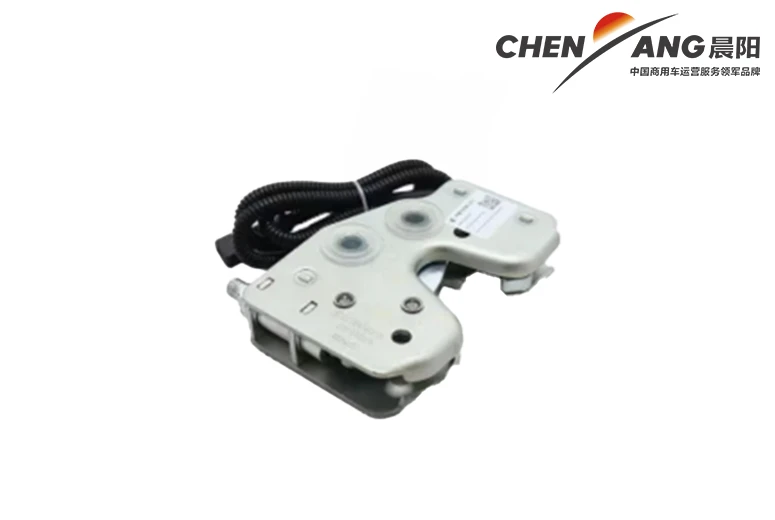Essential Roller Machines for Efficient Road Construction Operations and Maintenance
The Role of Roller Machines in Road Construction
Road construction is a crucial aspect of infrastructure development, impacting economic growth, transportation efficiency, and overall connectivity. Among the myriad of equipment used in this industry, roller machines stand out as indispensable tools for ensuring the durability and smoothness of road surfaces. This article delves into the significance of roller machines in road construction, their types, features, and operational efficiency.
What Are Roller Machines?
Roller machines, also referred to as road rollers, are heavy construction machinery designed to compact soil, asphalt, and other materials during the construction of roads, highways, and other surfaces. They operate by using a heavy cylindrical drum that rolls over the material, providing the necessary pressure to eliminate air pockets and create a denser, stable surface. There are several types of roller machines, including vibratory rollers, static rollers, and pneumatic rollers, each serving a unique purpose based on the specific requirements of the project.
Types of Roller Machines
1. Vibratory Rollers These rollers utilize vibration to enhance compaction efficiency. The vibratory mechanism can produce high-frequency vibrations, allowing the roller to achieve maximum compaction with less effort. This type is particularly effective for asphalt and improves the overall surface smoothness.
2. Static Rollers Equipped with a heavy steel drum, static rollers rely purely on their weight to compact materials. They are commonly used on granular soils and sub-grade layers, where the primary objective is to increase the density of the base layers.
3. Pneumatic Rollers These rollers have multiple tires filled with air, providing a unique advantage in achieving a uniform tire contact pressure. Pneumatic rollers are ideal for finishing operations on asphalt surfaces, as they can effectively compact without damaging the material.
Importance of Roller Machines in Road Construction
roller machine for road construction

1. Enhanced Stability Proper compaction is essential in road construction to ensure stability and longevity. Roller machines achieve the desired density, preventing issues such as cracking, settling, or potholes that can arise from insufficiently compacted layers.
2. Improved Surface Quality Roller machines play a critical role in achieving a smooth and even surface finish. This is particularly important for asphalt layers, where surface quality affects vehicle traction and comfort, ultimately contributing to road safety.
3. Increased Load-Bearing Capacity A well-compacted road surface can support higher traffic loads and enhance the lifespan of the road. Roller machines ensure that the material adheres to engineering specifications, enabling roads to withstand the wear and tear of heavy and continuous traffic.
4. Efficiency and Speed Modern roller machines are equipped with advanced technology, allowing for automated operations and real-time monitoring of compaction efforts. This enhances productivity on construction sites, enabling quicker completion of road projects while maintaining quality standards.
Operational Considerations
When operating roller machines, it is essential to follow best practices to achieve optimal results. Operators should be trained in the specific mechanics of the roller they are using. It's crucial to understand the material being compacted, as different materials require varying approaches to achieve the desired compaction levels. Furthermore, site conditions such as moisture content and temperature can influence the efficiency of the compaction process.
Conclusion
In conclusion, roller machines are a vital component of road construction, ensuring that surfaces are durable, stable, and safe for vehicular traffic. Their various types each serve specific roles in the compaction process, catering to different materials and project requirements. As road construction technology advances, so too do roller machines, which continue to enhance the efficiency and quality of road building projects. The ongoing development in this sector promises to further improve infrastructure, driving economic growth and bettering transport systems for communities worldwide. The future of road construction is undoubtedly intertwined with the evolution of roller machine technology, reinforcing their critical role in shaping the roads we travel on today and in the future.
-
SINOTRUK HOWO 84 Electric Dump Truck for Eco-Friendly Heavy HaulingNewsJul.26,2025
-
The Fast 16-Gear Manual Transmission Assembly for Heavy TrucksNewsJul.25,2025
-
Mercedes Benz Actros 1848 42 Tractor Truck for Sale - Reliable PerformanceNewsJul.24,2025
-
High-Quality Water Pump Assembly for Sinotruk Trucks – Durable & ReliableNewsJul.23,2025
-
Premium Truck Engine Antifreeze Coolant Fluid for Heavy Duty VehiclesNewsJul.22,2025
-
FOTON View G7 Mini Bus: Affordable & Spacious TransportNewsJul.22,2025
Popular products

























